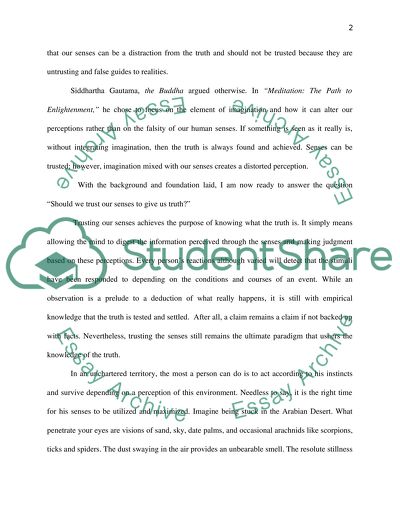Cite this document
(“A Sense of Truth Essay Example | Topics and Well Written Essays - 1250 words”, n.d.)
A Sense of Truth Essay Example | Topics and Well Written Essays - 1250 words. Retrieved from https://studentshare.org/miscellaneous/1524150-a-sense-of-truth
A Sense of Truth Essay Example | Topics and Well Written Essays - 1250 words. Retrieved from https://studentshare.org/miscellaneous/1524150-a-sense-of-truth
(A Sense of Truth Essay Example | Topics and Well Written Essays - 1250 Words)
A Sense of Truth Essay Example | Topics and Well Written Essays - 1250 Words. https://studentshare.org/miscellaneous/1524150-a-sense-of-truth.
A Sense of Truth Essay Example | Topics and Well Written Essays - 1250 Words. https://studentshare.org/miscellaneous/1524150-a-sense-of-truth.
“A Sense of Truth Essay Example | Topics and Well Written Essays - 1250 Words”, n.d. https://studentshare.org/miscellaneous/1524150-a-sense-of-truth.


